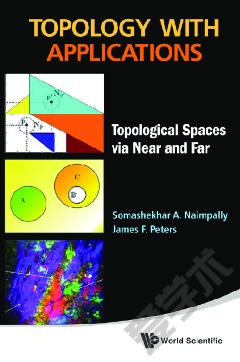Heaven and Earth: Civilian Uses of Near-Earth Space —— Civilian Uses of Near-Earth Space
----- 近地空间的民用行为
Near-earth space, which extends to geosynchronous orbits where satellites remain faithfully over a fixed spot on the ground, does not lend itself to romantic fantasies of science fiction. It is a working place from which services can be delivered with ease and efficiency.Meteorology, seismic and crop-yield predictions, environmental monitoring, communications of all sorts, guidance and navigation, medical and educational services, treaty verification and photographic reconnaissance, news-gathering, scientific observation across the entire electromagnetic spectrum, prospecting, remote sensing, and monitoring of human activities are all in a day's work for near-earth space.Global cellular telephony, only a few years ago the exclusive privilege of comic-book heroes, is becoming a space-based commonplace. Planes that land in fog and cars that find their way in the labyrinthine streets of Tokyo guided from space are beyond a near horizon. Space is delivering its promise.This volume describes many of these activities and their prospects for changing the way we live, communicate, and travel on this Earth.
{{comment.content}}








 京公网安备 11010802027623号
京公网安备 11010802027623号